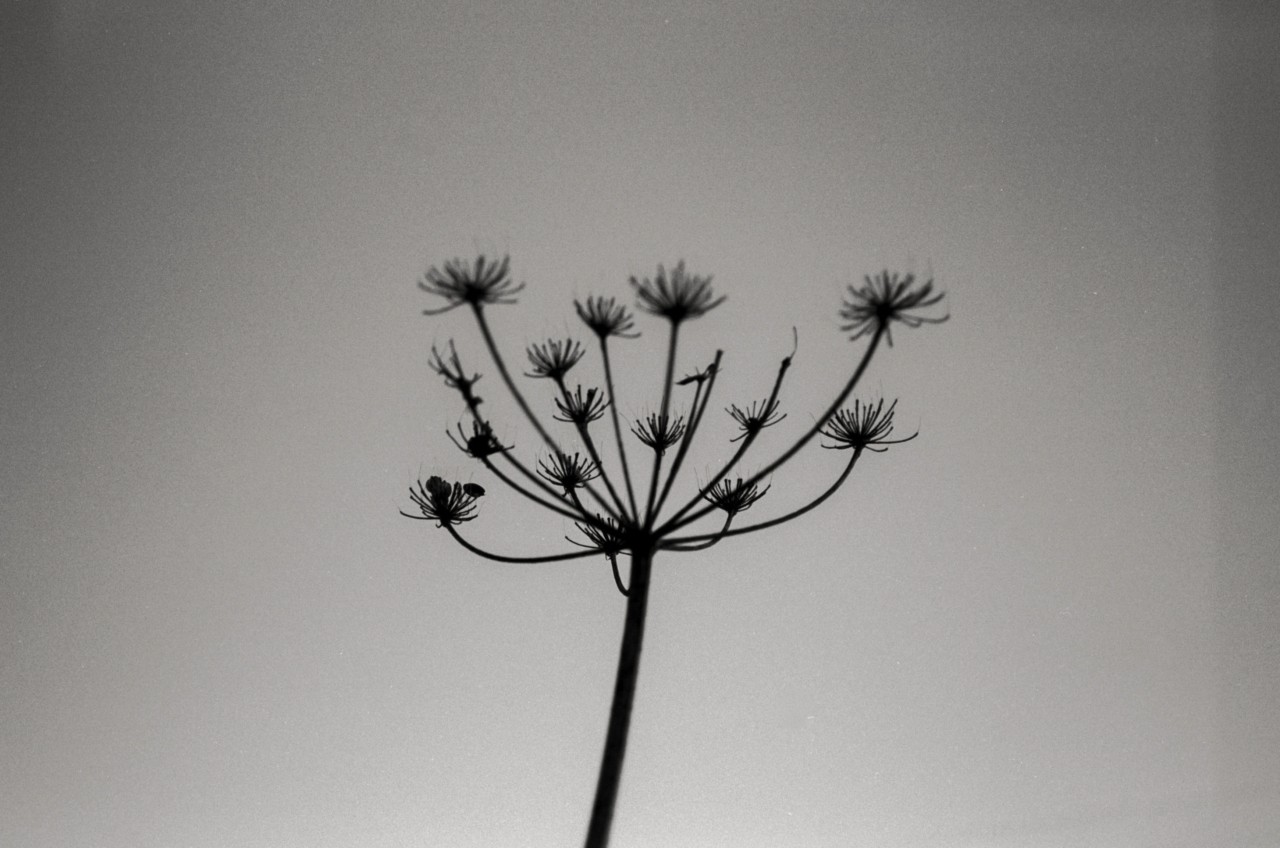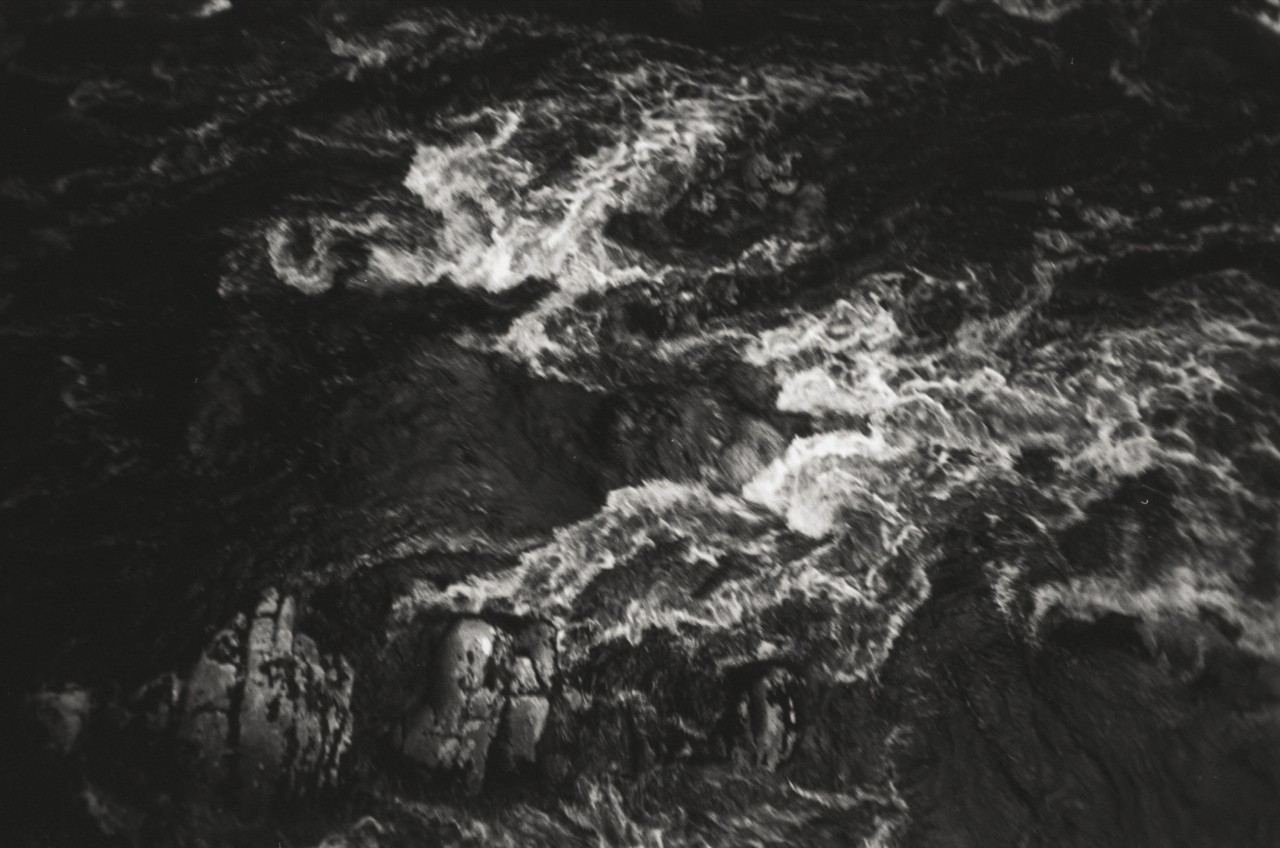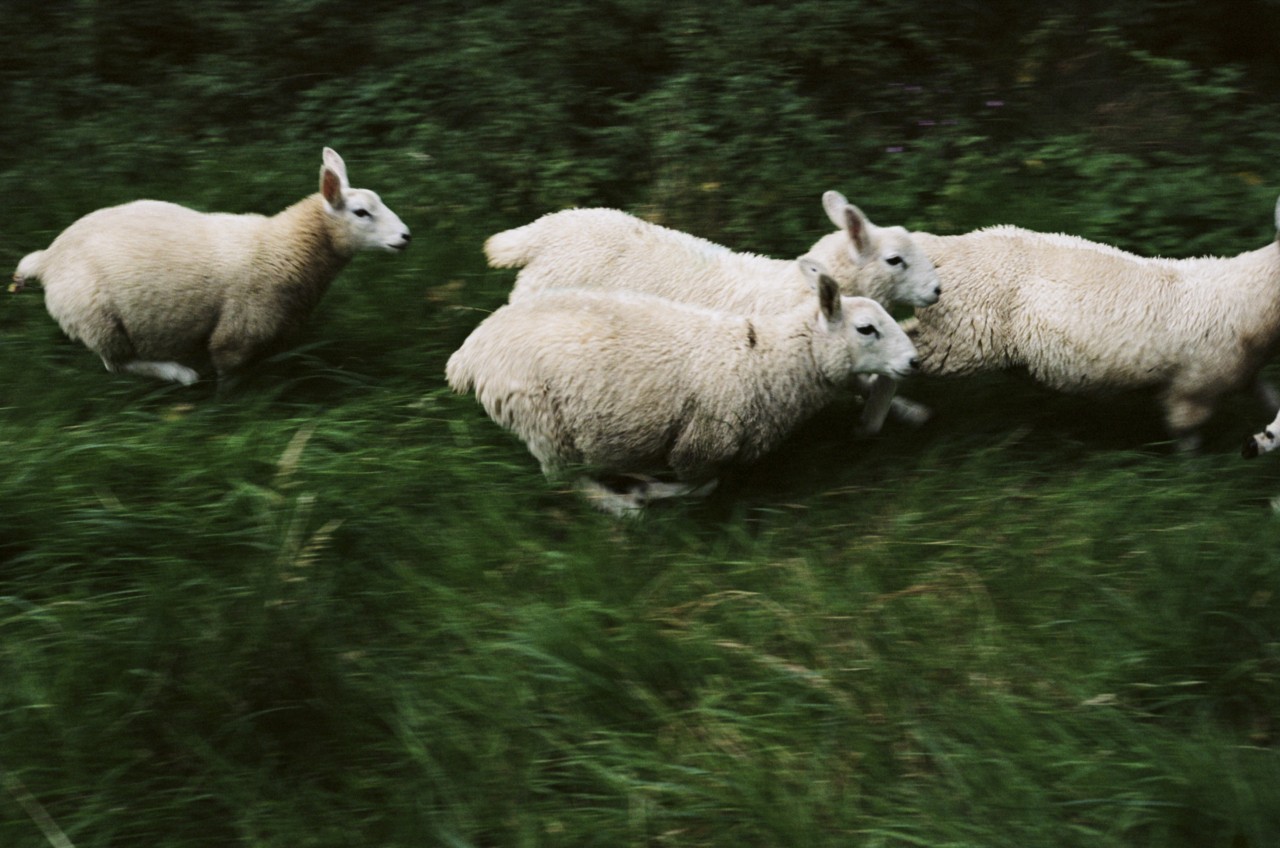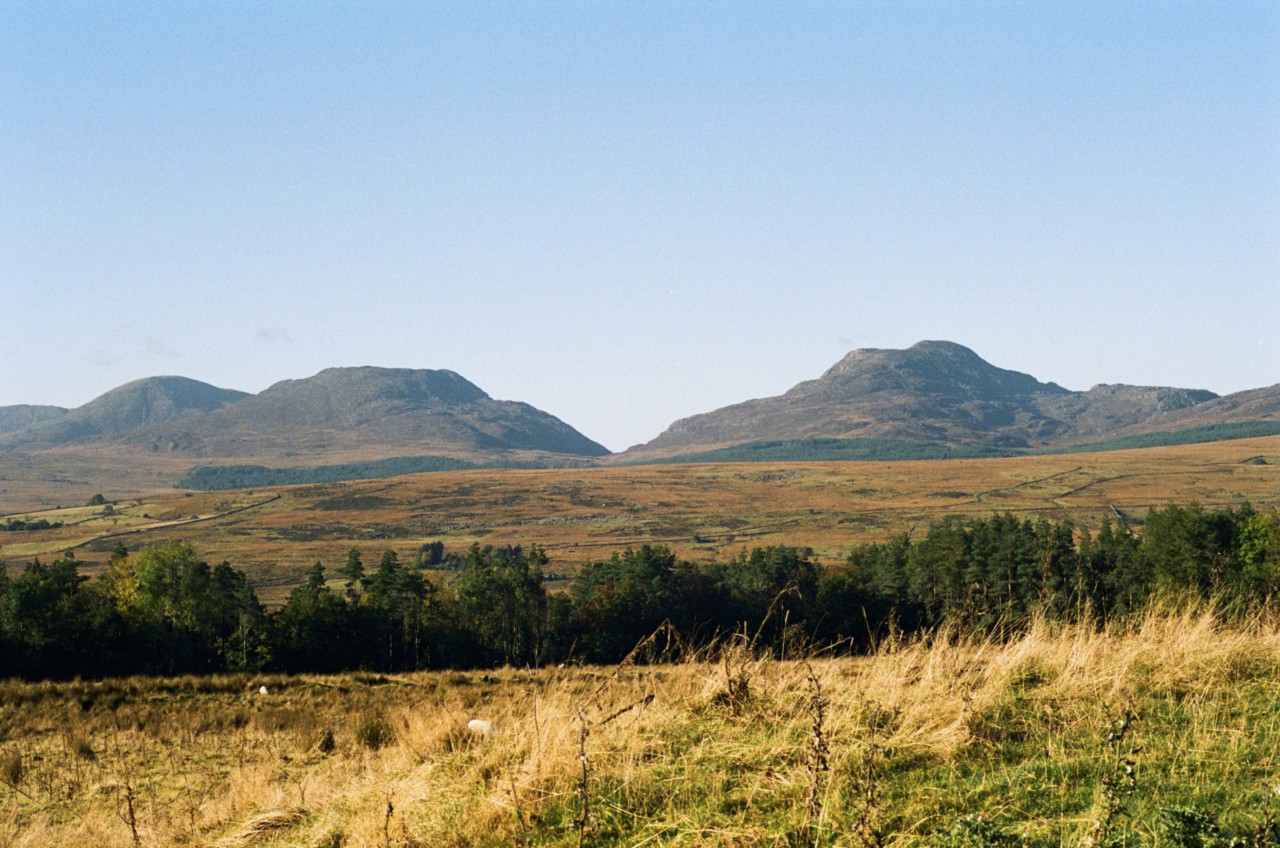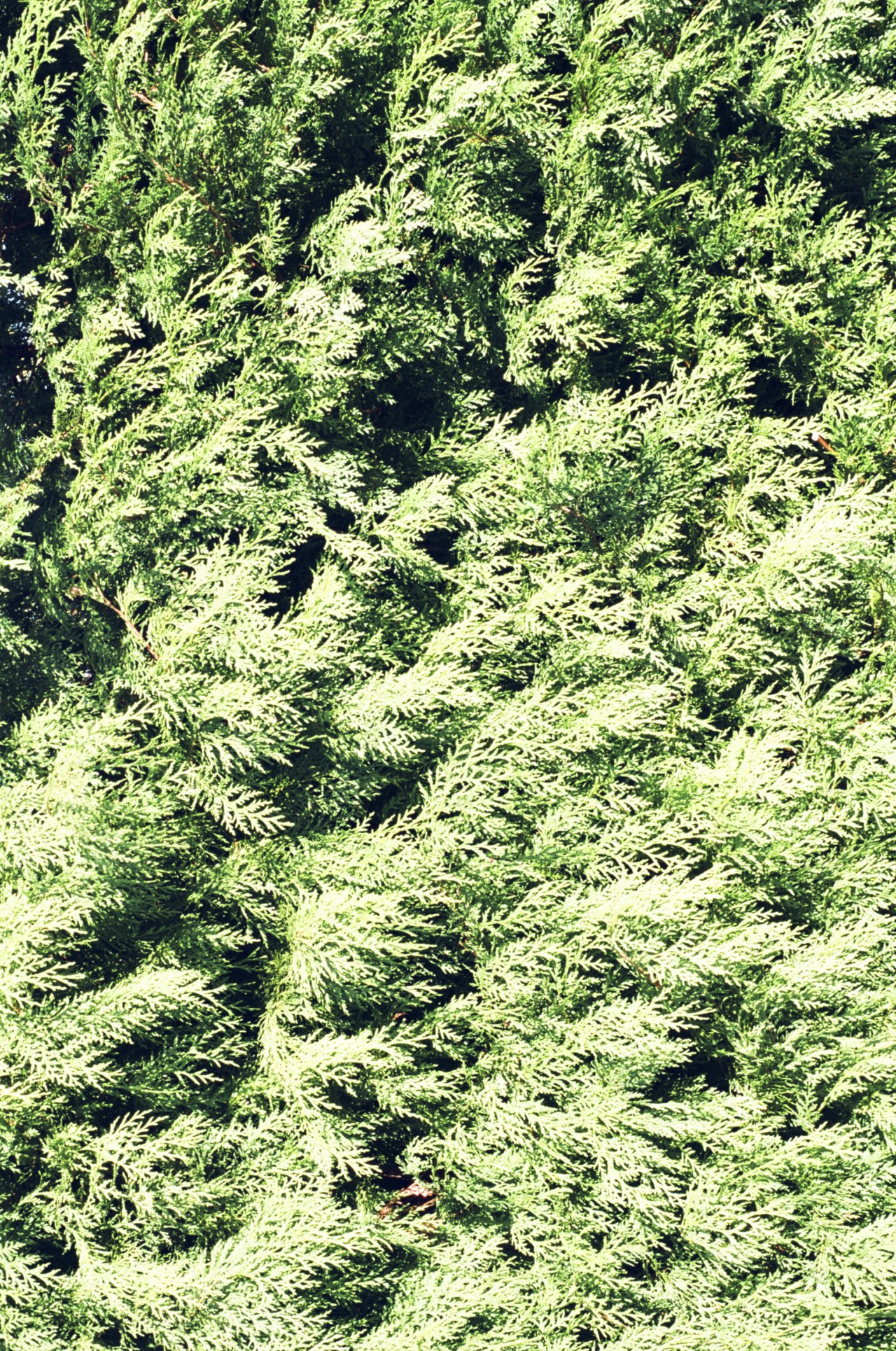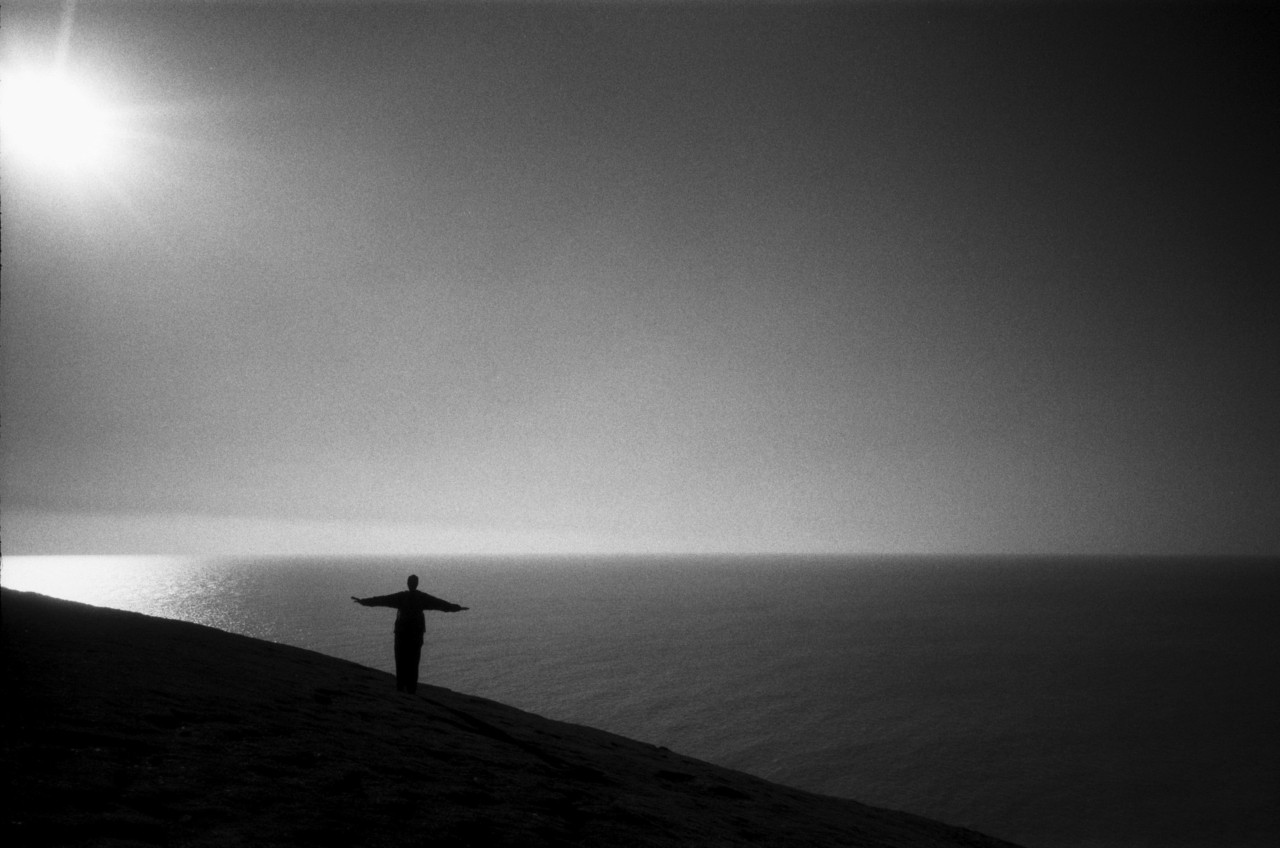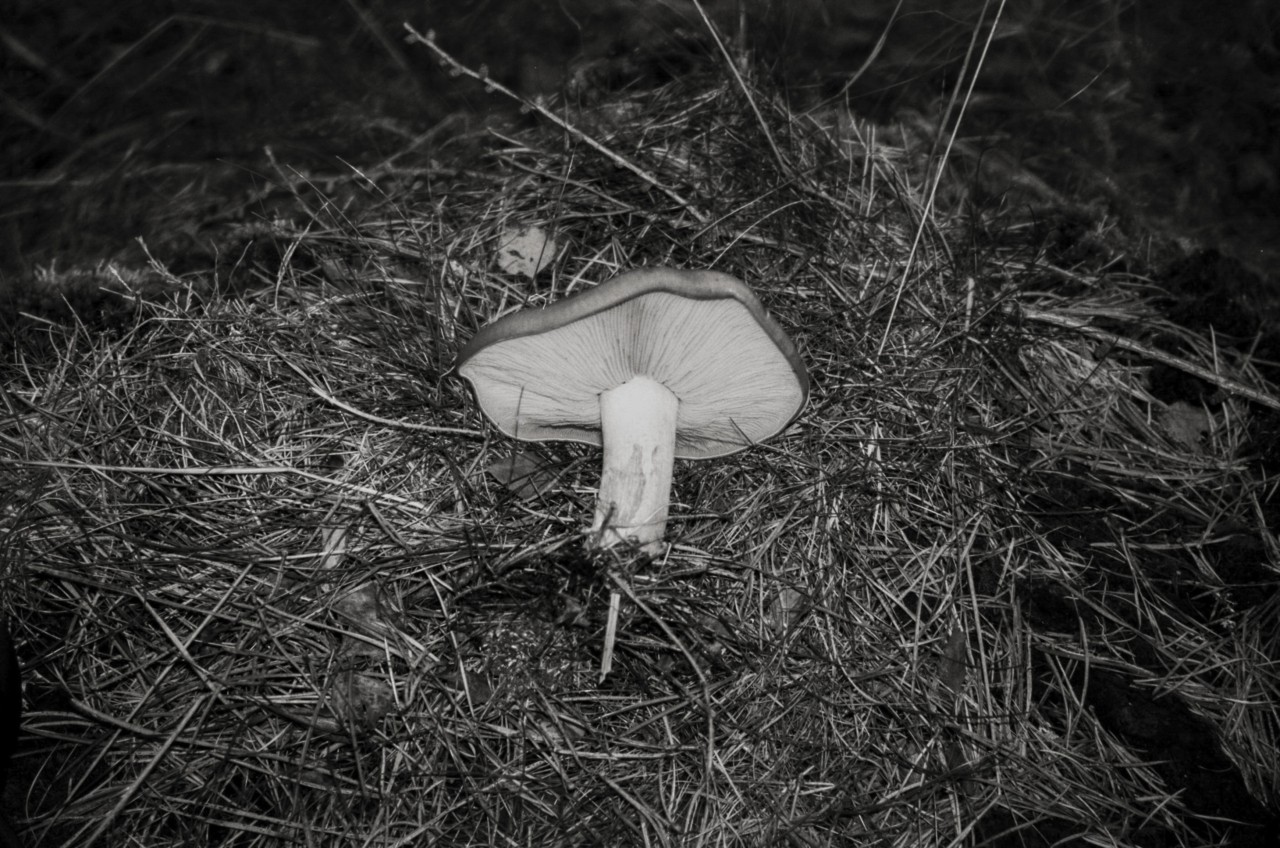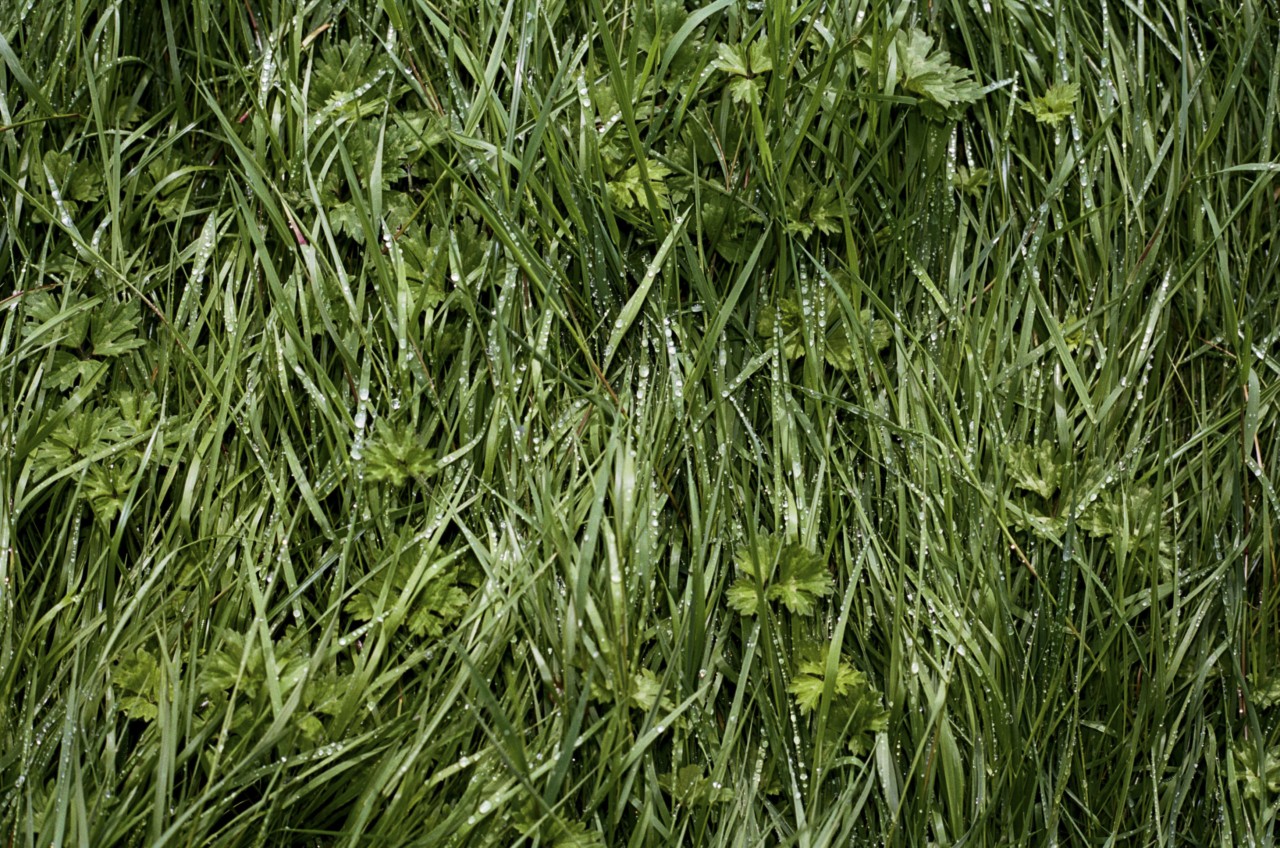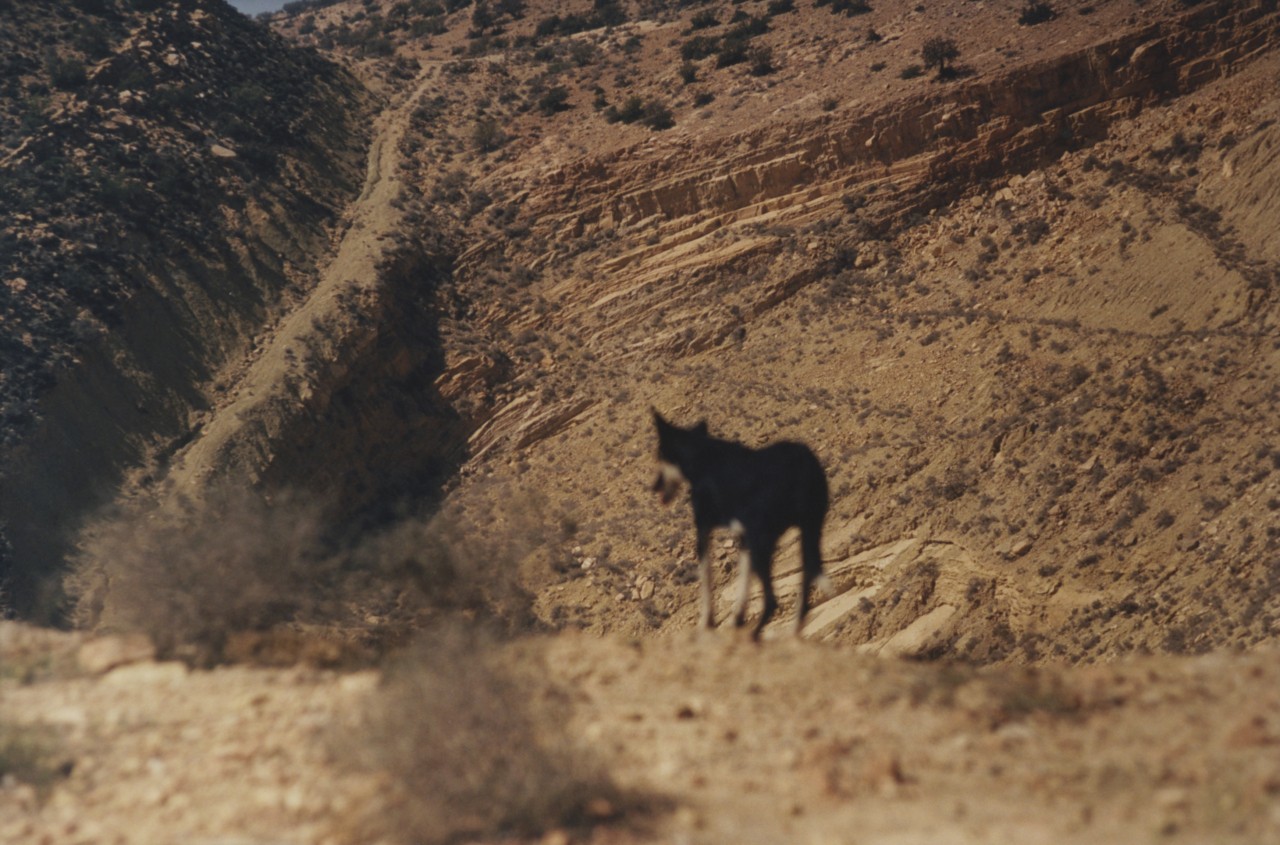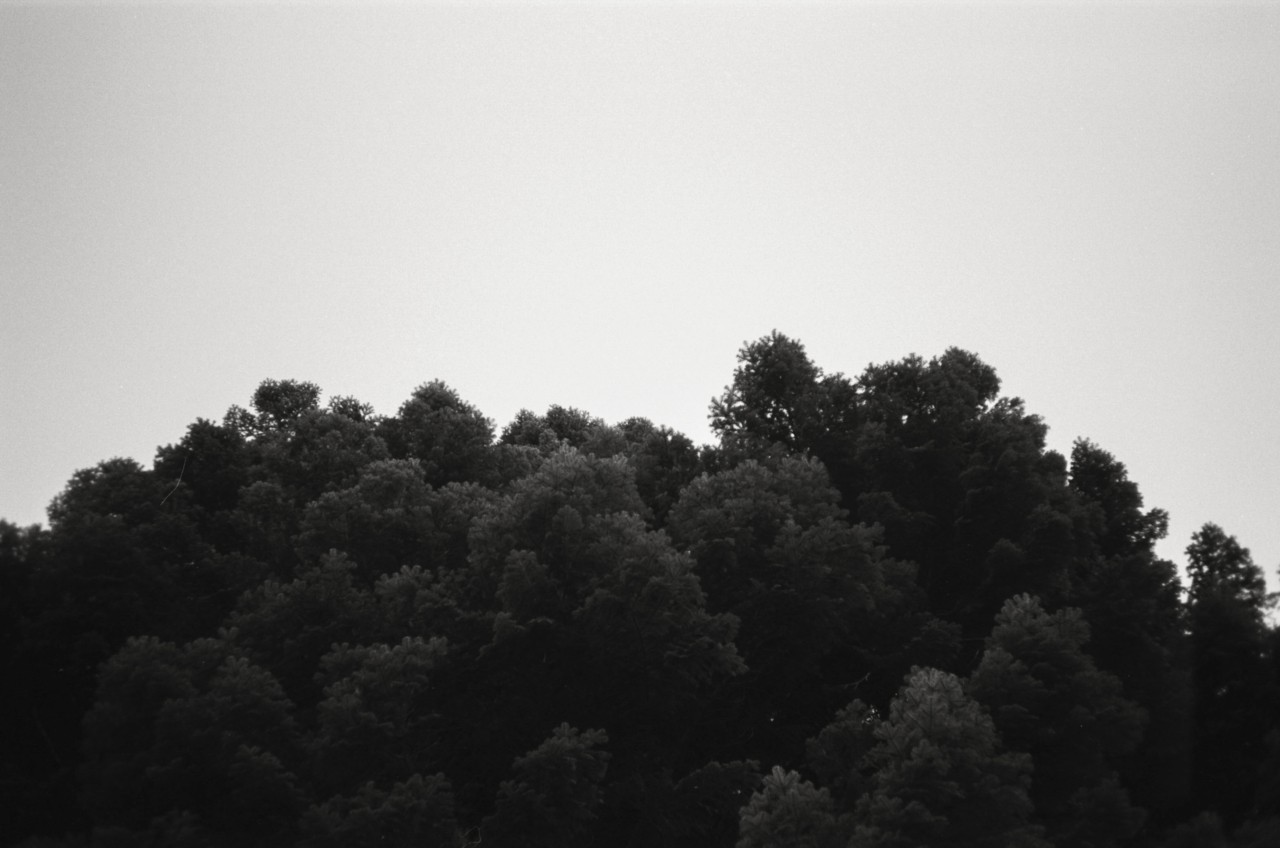
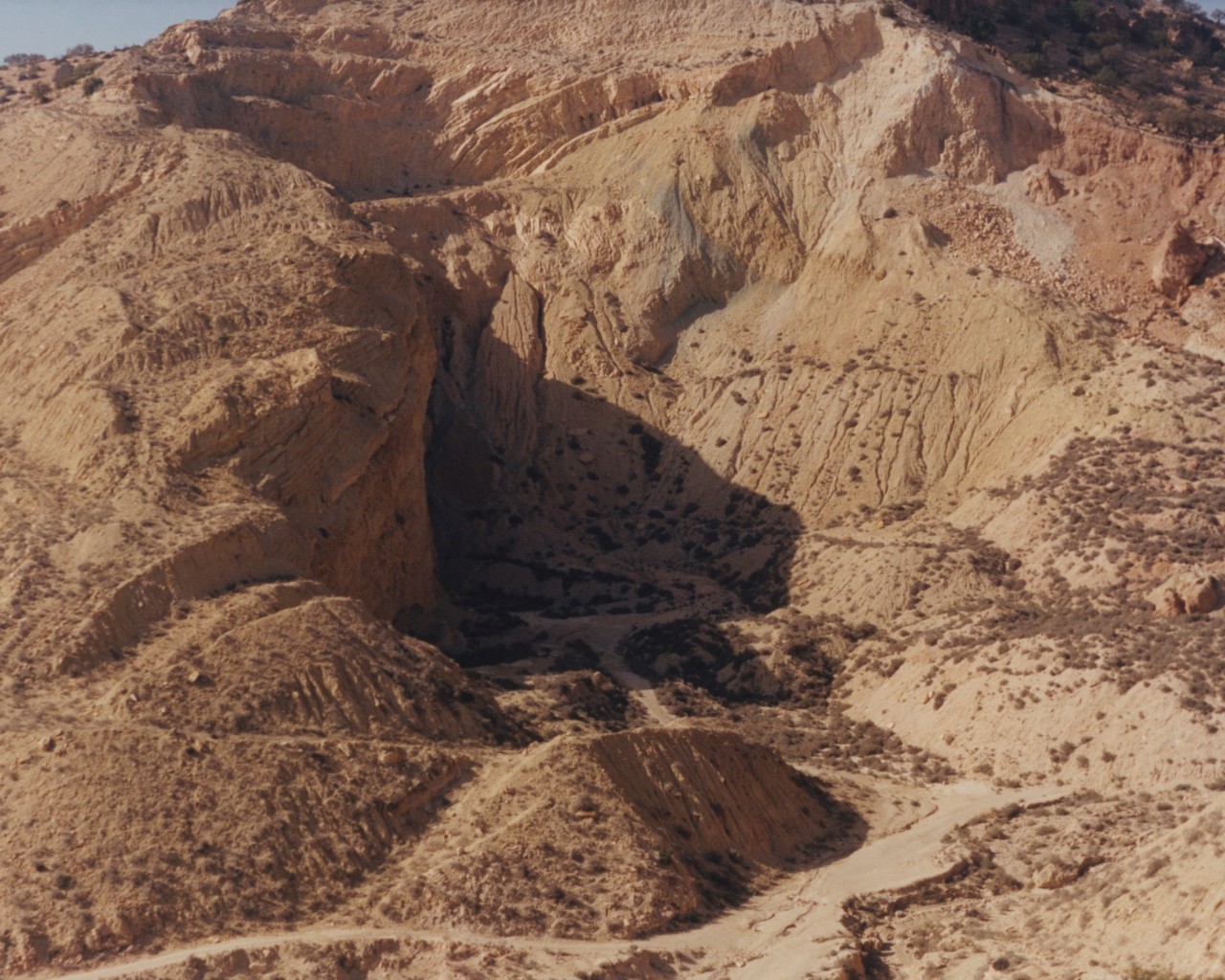
Words by Dalia Al-Dujaili
photographs by Zaineb Abelque
Editor’s Note: The following is an excerpt from Babylon, Albion: A Personal History of Myth and Migration by Dalia Al-Dujaili, published by Saqi Books. The book is available for order here.
“To be honest, I am tired of longing and remembrance. Nostalgia is no longer my song. The countries have become alike. I know what I’ll see here and there as if I were traveling the lines of my palm, as if I’m always on the same old bald plateau.”
– Saadi Youssef, author, poet, and political activist
I watch the shabab stream out of Jum‘uah prayers in South West London. Their skulls are capped with humility, their feet fitted with fresh-out-the-box Nikes. There is a distance between me and them. They grew up with the Masjid as their place of habitual communion. I grew up far from any mosques, with the woods as my temple of belonging, of comfort.
As a suburban kid, with quintessentially pristine English gardens surrounding me, streets like Edgware Road in central London—with its noise, flashing lights, and the smells of greasy meat and shisha smoke wafting from every open door—became a second home. With bright overhead lights and faux-marble flooring, dark wooden countertops and a calligraphic “Allah” framed and hung beside the LED “halal” sign, dark sweaty men would bark, “dijaaj low laham?” (chicken or lamb?) from the grills. Layla K. Feghali, author of The Land In Our Bones, says that she knew the smells of her homeland—before she could go there—because of her grandmother and her kitchen. Here, not so far away from the quaint cul-de-sacs of Surrey, the bi-monthly pilgrimage to Edgware Road to pick up a shawarma or falafel became a ritual of community building, of making sure I still knew where I was “from.”
In fact, I am from that point where the pub wall backs the Indian tech shop selling iPhone cases. I am from the place where the “foreign currency transfer” sign hangs next to the red, white, and blue Tesco facade. I am from the tongue that slides an English word awkwardly into an Iraqi pronunciation. Surrounded by people that looked like me, men whose fingers were as hairy as my own father’s, by the same smells of my mother’s kitchen, I’d feel at home in these greasy temples of late-night eating.


I once watched my dad get called a “fucking paki” by an Englishman and his teenage son. Our car was obstructing a gate. I was sitting in the passenger seat. We were outside my dad’s office, the one he bought years before I was born, when he and my mother first moved to Surrey from Aberdeen; the one he started his business in, a business he worked tireless years to build.
The office, at first, was a small unit on an industrial block: one dark room downstairs for mechanical equipment, and one upstairs. There was one desk where my dad would sit, his nephew working on the other side of the same desk. The carpet was tough, thin, and hard. The entire place smelt of cigarette smoke. In the corner was a rudimentary bathroom with a hanging lightbulb; on the back wall, a framed pilot certificate, a few diplomas, a photo of my dad (still with all his hair) standing next to a small plane, a photograph of me as a baby, a photograph of my brother as a baby, and finally, one of us all together. All of his achievements. It was the first time I saw my dad subjected to racism. He was driving me to my school play.


My father told me a story, one of so many that I delight in hearing, of how his one-eyed uncle would travel through their Iraqi village, Dujail, bringing the greatest watermelons one would ever hope to wrap their tongue around (the story of how the uncle was to become one-eyed is a delicious one and, like all delicious things, must be saved for a later time). My mother told me how these same watermelons were used in Baghdad to hydrate its civilians when drought dried up the city.
My life, but not quite. That is the dream these stories offer me. The suggestion of what my life might have been like. Would I also work the land with my knuckles? Would I also harvest grape vine leaves (my namesake; dalia) from my grandmother’s garden at daybreak? Would I run the length of the sandy road, waving down carts pregnant with fruit?

I have become obsessed with watching videos on YouTube of a hajiya and her adult son in the reef of Iraq as they tend to their rudimentary farm. They film themselves for hours, making and tending to their fire, creating baskets out of the dead palm leaves that carpet the soil and collecting fresh eggs. They set up their lunch and sit on the ground with fresh baby cucumbers and dark tea brewing, with nothing but the birds above for background noise, with nothing but the breeze for conversation. Sometimes I look for myself in the pixelated frames. I look for my hands in theirs. I try to see myself sitting with them and I wonder what the old lady would teach me. I am desperate for their lessons, for their knowledge, their years of experience. My too-delicate fingers wouldn’t know the first thing about how to milk their sheep. Would they find me foreign? Would they find me a stranger on their land?
When did that ancient creature of heritage and of place, the one tied up in knotted weeds inside me, stop being something so unwanted and start becoming so precious? I spent years trying to scrub away the dirtiness I thought was under my skin—and peeling away at the Iraqi that I was taught to hate, who I did not understand, who didn’t speak my language, who at times frightened me. When did I begin to know her? Did I begin to seek her after trying to expel the echoes spiralling inside my ear drums of little girls at school asking, “why is your mum so ugly?”


My beautiful mother, with her crashing waves of dark hair and her thick arched Mesopotamian eyebrows, the ones which frame eyes as dark and reflective as a lake at midnight glittering under a meteor shower. When did Arabic start sounding like the warm embrace of the sun pushing apart clouds, instead of terrible thunder? We don’t like to remember these moments; we are so ashamed of them. Those times that we wished so hard to shake off the skin we are in. We are repelled by the memories of wishing our parents would speak softer, for now we wish for their voices to be as loud as—even louder than—the adhan that calls the dusk prayer. But these memories are black crows that can delight you by how much they can teach you of their cunning, their generosity and their purity, if you let them.
In New Malden—an immigrant suburb of Iraqis and Koreans just off the A3 road connecting Surrey and London—sits Abu Ghassan, our local Arab supermarket, the closest shop we had which supplied noomi basra, sour Kurdish torshi, amba and fresh Iraqi sumoon—ya Allah, rehat al sumoon! Scanning the dusty aisles of these markets in South West London’s suburbs are the closest I feel I can get to them. My fingers rummaging between jars of olives and pickles feels like a kind of foraging, the closest I can get to a past life.


Joy awakens in the memories of my mother’s spice cupboard. Jars filled with incongruous substances and powders, with Arabic words—curcum, za’atar, shbint, za’afaran—haphazardly labelled in marker pen. Our universal immigrant identity cards are in fact cupboards filled with reused jars, tattered packets of Maggi stock cubes and decades-old bottles of rose water with a discoloured label somehow still intact. The doors of these cupboards have borne witness to both heated family screaming matches and tender moments when Mama teaches you how to make kubba. For the displaced ones, these doors might open a portal to bygone zemen (times) within sun-baked stone houses and missiles out of sight, but not out of earshot—whilst for the diaspora, they demarcate an ancestry which has lost geographical significance.
If “homeland is not a place; rather, homelanding is a constant project,” as Iraqi academic Kali Rubaii puts it, then our rituals of “return” are constantly recreating the homeland. The homeland can be understood not as a geographical location, but as a feeling we carry within us. “I stood at the border, stood at the edge and claimed it as central. I claimed it as central, and let the rest of the world move over to where I was,” Toni Morrison once wrote. This is not to disconnect from the material importance of the land, but rather to tangibly and spiritually reconnect with the lands of wherever our journeys have led us. To recreate a homeland in a foreign land is to say, “we belong.”

Searching for Iraq In the Landscapes of Southern England
